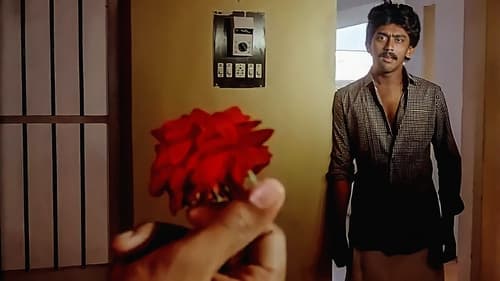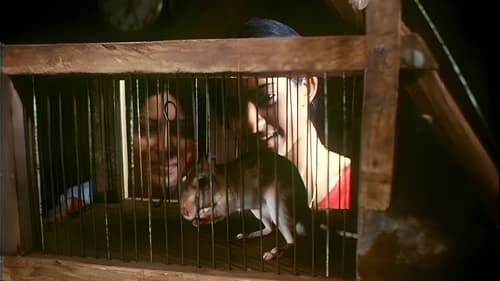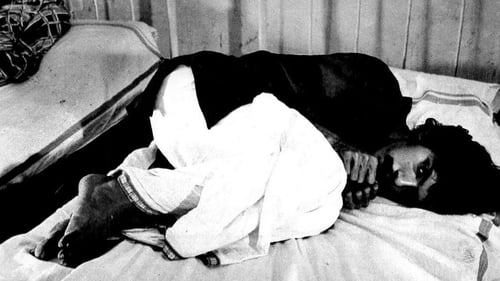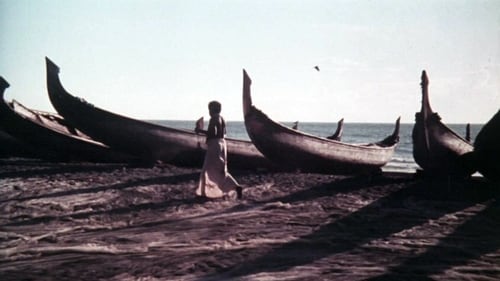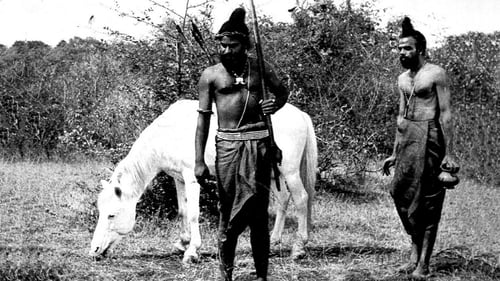K Raveendran Nair
Birth : , Kollam, Kerala, India
History
K. Ravindranathan Nair is an Indian film producer of Malayalam films, industrialist and philanthropist, known for a number of critically acclaimed movies he has produced such as Kanchana Sita, Thampu, Kummatty, Esthappan, Pokkuveyil, Elippathayam, Manju, Mukhamukham, Anantaram and Vidheyan. Nair is credited with fostering the art film movement in Malayalam cinema during the period from the seventies till the nineties. A multiple recipient of National and State film awards, Nair was awarded the J. C. Daniel Award by the Government of Kerala, in 2008, for his contributions to Malayalam cinema.

